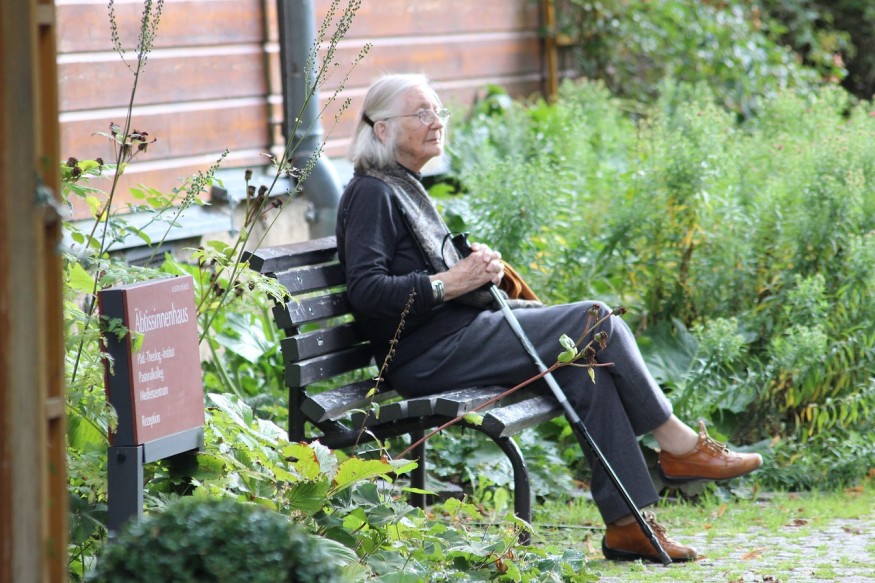
A person with Alzheimer's disease or dementia sometimes behaves in ways that are difficult to understand in the late afternoon or early evening. This condition is known as 'sundowning'.
What Is Sundowning?
Sundowning refers to a state of confusion experienced by dementia patients in the late afternoon and into the night. The tendency to become more confused can start or get worse around sunset or sundown, although it can potentially occur at any time.
Also known as late-day confusion, this condition can happen at any stage of dementia, but it is more common during the middle and later stages. It is estimated that around 20% of Alzheimer's disease patients suffer from sundowning at some point.
Sundowning is not a disease but a group of behaviors, feelings, and thoughts. It can affect a person's memory, thinking, personality, reasoning, behavior, and mood.
A person who is sundowning may experience various symptoms, which may include confusion, agitation, and hallucination. The condition makes the patient feel very strongly that they are in the wrong place.
A demented person might say that they need to go home, even if they are already at home. Some of them feel the need to pick their children up from school even if they are now adults. Other symptoms include pacing, arguing or shouting, or becoming confused about what is going on around them.
While sundowning most likely affects people with Alzheimer's, older adults without dementia can also develop this condition in the hospital. This is because the lack of sensory stimulation in a hospital can make a person disoriented.
To resolve sundowning, treating the underlying trigger is the most important approach. It helps to look for patterns in behavioral changes and to keep a daily routine. It is also recommended to limit or avoid factors that affect sleep and to keep things calm in the evening.
A patient who goes through sundowning can be treated with medications such as antidepressants, antianxiety, and antipsychotics. There are also non-medication forms of treatment, such as light therapy, music therapy, and environmental changes.
What Causes Sundowning?
The exact reasons why sundowning happens are not well understood, but it is possible that there is a range of causes. There are several factors that may worsen late-day confusion.
A person who experiences sundowning may suffer from hunger, pain, or other unmet physical needs. Over the course of the day, the patient becomes more tired, which can worsen the symptoms of dementia.
As the sun sets, streetlights turn on and people settle in for the evening. These changes in the environment makes a demented person increasingly concerned that they might be in the wrong place, or that they have forgotten to do something important during the day.
Overstimulation during daytime, like from a noisy or busy environment, also plays an important role. It is also possible that they suffer from sundowning because they do not receive enough exposure to sunlight during the day.
Sundowning may also result from the disturbance to a patient's body clock due to the damage of the brain. Disturbed levels of hormones over the course of the day can also trigger this condition.
RELATED ARTICLE : Dementia Risk Linked to Sleep; New Study Suggests Early Bedtime or Sleeping Too Long Increases the Chances of Developing the Disease
Check out more news and information on Dementia in Science Times.
© 2025 ScienceTimes.com All rights reserved. Do not reproduce without permission. The window to the world of Science Times.












